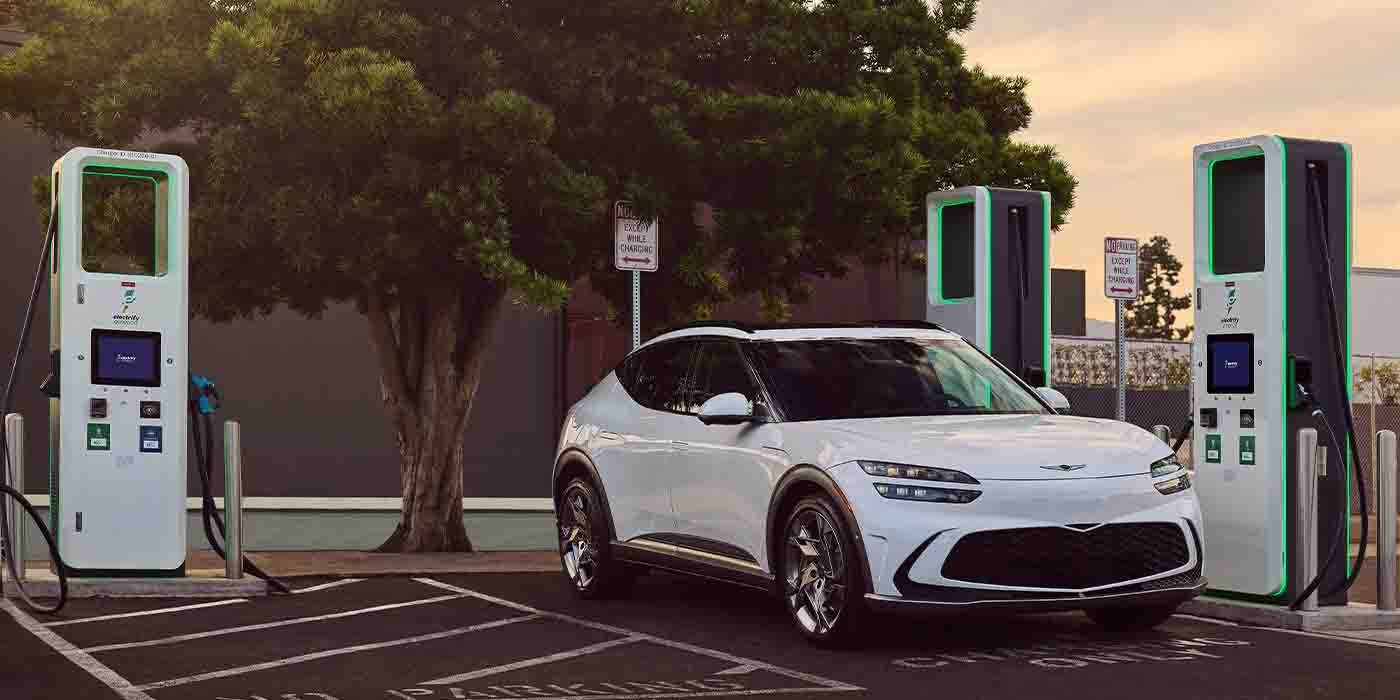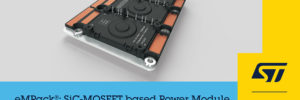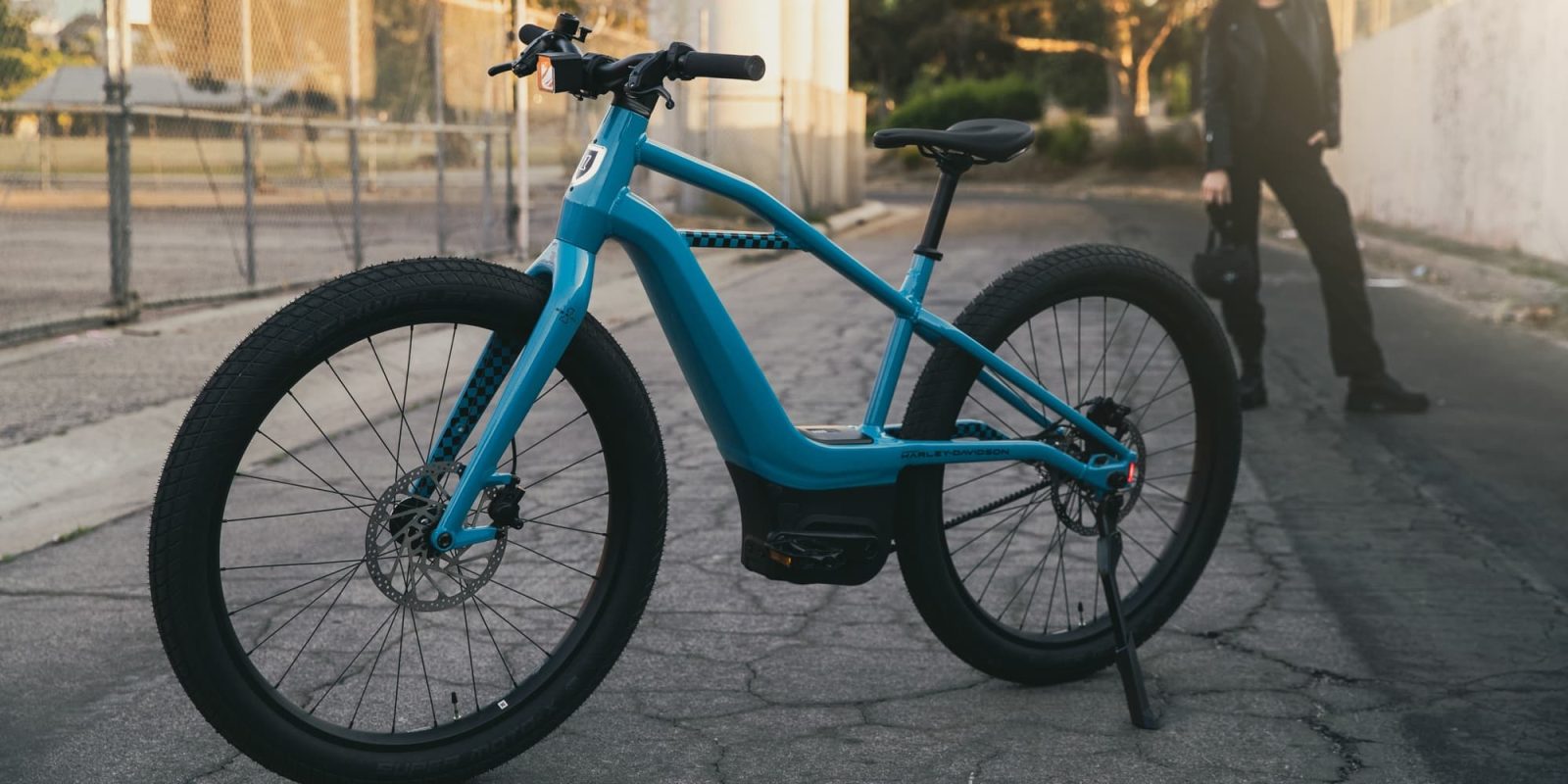
Volta Trucks plans to introduce its electric commercial vehicles into North America, beginning in 2023 with a Volta Zero Class 7 truck (equivalent to the company’s existing European 16-ton truck) with a dry or refrigerated cargo box.
The Volta Zero is a purpose-built electric medium-duty truck specifically designed for urban logistics. It uses a compact eAxle, comprising the electric motor, transmission, and axle all in one unit, supplied by Michigan-based Meritor, and high-voltage batteries located within the chassis rails from California-based Proterra. The Class 7 Volta Zero will offer a modular battery configuration to deliver a range of 95-125 miles—more than enough for downtown distribution routes. The vehicle supports DC fast charging at 250 kW and Level 2 charging at 19 kW.
Volta Trucks plans to introduce a pilot fleet of 100 Class 7 trucks in mid-2023, to be evaluated by US customers ahead of a rollout of production vehicles in 2024. To date, Volta has built 24 road-going design verification prototypes, which are currently undergoing an extensive testing program in Europe. By the time of the North American launch, the company expects to have built over 1,500 Class 7 trucks for European customers.
Commercial vehicles have historically been involved in a disproportionate number of accidents, and Volta has taken advantage of the absence of an internal combustion engine to introduce several novel safety features. The driver’s seat is centrally mounted and lower than in an ICE vehicle, so the driver meets pedestrians and cyclists at eye level. The Zero’s glasshouse-style cab offers a 220-degree view around the vehicle for optimum visual awareness and blind-spot reduction. Drivers can enter and exit the vehicle on either side, so they can always step out onto the sidewalk. The doors are sliding rather than swinging, making them safer for passing cyclists.
Volta plans to follow the US introduction of the 33,000-pound Class 7 Zero with the launch of a Class 5 vehicle of 19,500 pounds and a Class 6 truck of 26,000 pounds (equivalent to the European 7.5- and 12-ton vehicles), in 2024/2025.
The first Class 7 vehicles delivered to the US will be built at Volta’s existing contract manufacturing facility in Steyr, Austria, and the Class 5 and 6 vehicles for North America are expected to be built in the US.
Voltas Truck as a Service proposition, currently available in Europe, comprises a suite of services, including site assessment, infrastructure installation, finance, insurance, servicing and maintenance.
“With more than 6,000 vehicle pre-orders in hand, from some of Europe’s largest fleet operators, it is time to expand our geographic horizons and look towards the significant market opportunity in North America,” said Volta founder Carl-Magnus Norden. “I believe our full-electric truck will be perfectly suited to the US customer’s needs, and we look forward to engaging customers to gain feedback on our product and services.”
Source: Volta Trucks
Source: Electric Vehicles Magazine







